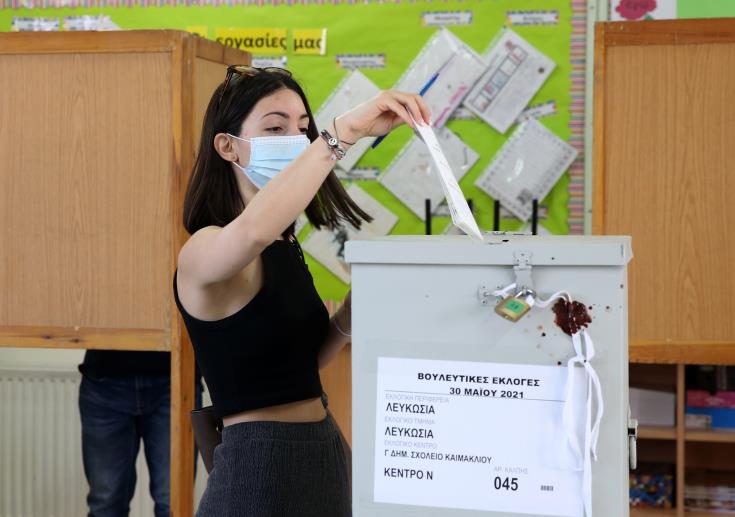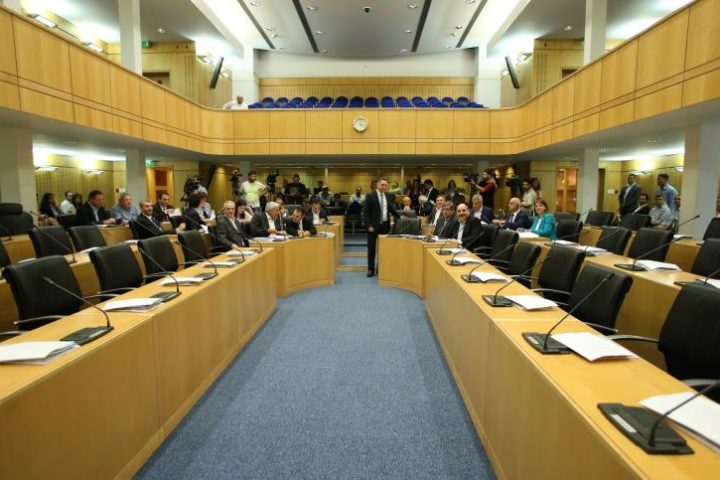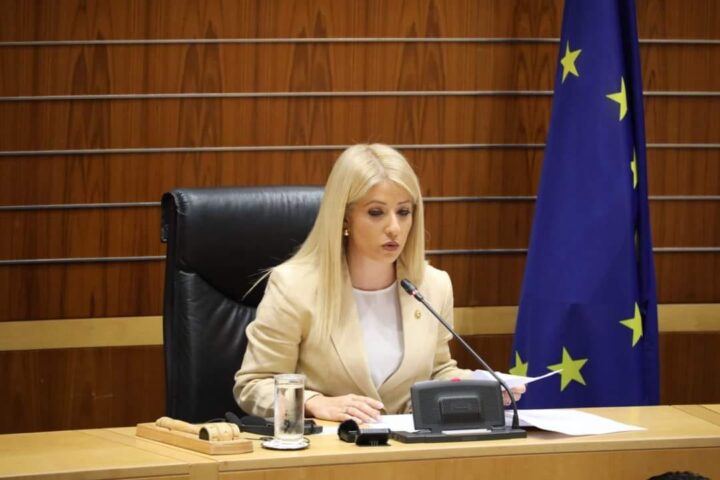Cyprus elects a new parliament on Sunday in a process likely to show a decline in support for major parties and a sizeable abstention rate among voters angered by corruption scandals.
Some 15 political parties and a record 658 candidates are seeking seats in a vote which will not likely produce an absolute majority given this has not been the outcome for several decades.
Elections are held every five years.
Polling stations opened with just over 558,000 eligible to vote and close at 6 pm.
In addition to 1,150 polling stations, nine mobile units were operating to assist voters suffering from COVID-19, election officials said.
The poll is a test run for allegiances that may be formed ahead of presidential elections scheduled in 2023.
President Nicos Anastasiades of the right-wing Democratic Rally party is in his second-five year term.
Opinion polls suggest smaller parties are likely to benefit from repeated scandals in recent years, eroding the dominance of Anastasiades’s party and the Communist AKEL, the other traditional mainstay of Cypriot politics.
“A big part of voters are fully disappointed with mainstream parties,” said political analyst Christophoros Christophorou.
The present administration has been under fire for championing a lucrative cash-for-passports scheme it had to abandon amid allegations of corruption in November 2020.
A presidential commissioner was placed under investigation last week for discrepancies in his high school and university diplomas.
His high-paying state job overseeing volunteer work was created at the height of the 2013 financial crisis, which saw thousands lose their bank savings and triggered an EU bailout.
Surveys had shown the fringe far-right ELAM party almost doubling its support from 2016 when it first elected two MPs to parliament.
Similarly, the Greens party, fielding a diverse group of mainly young candidates, is also set to make inroads.
But abstention may be a key feature of Sunday’s election. In 2016 it hit a high of 33.3%.
“The issue of corruption … benefits the small parties, but it is also an issue which feeds the abstention rate,” Christophorou said. (source Reuters)










